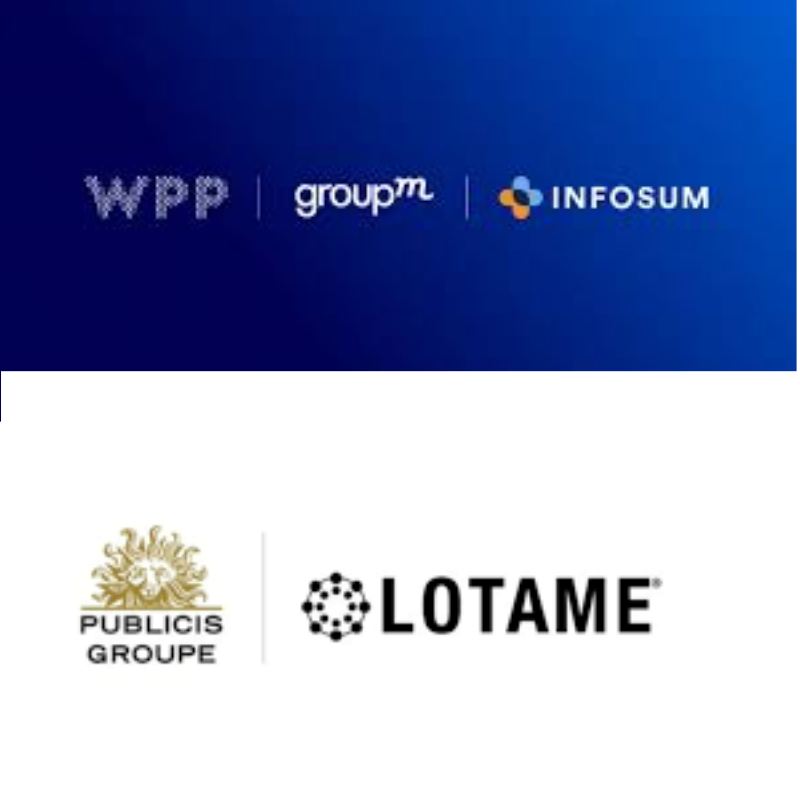In my earlier post, “Introducing Eshaki Consulting: A partner for innovation and growth,” I highlighted the evolving data economy as a critical theme. In light of recent movements in the data landscape, with Publicis’s acquisition of Lotame and WPP’s acquisition of Infosum, it is the perfect time to restart the discussion around how businesses should be approaching their data strategy. We’re witnessing a significant shift in how data is collected, activated, used, and protected. Today, let’s dive deeper into the challenges and opportunities of navigating data fragmentation and the increasing emphasis on privacy.
The Data Landscape is Shifting:
The days of relying solely on third-party data are numbered. Increased regulations, the Google-DOJ case, consumer awareness, and platform changes are driving a fundamental shift toward first-party data strategies. Limited third-party signals and increased inventory access issues (paywalls etc) mean a shift in approach is necessary and businesses may need to build direct relationships with their customers and inventory sources and collect data ethically and transparently.


Key Challenges in the Evolving Data Economy:
- Data Fragmentation: Data is often scattered across different systems, platforms, and departments. This fragmentation makes it difficult to gain a holistic view of your customers and extract meaningful insights.
- Privacy Regulations: Regulations like GDPR and CCPA are reshaping data practices. Businesses must comply with these regulations to avoid penalties and build trust with customers.
- Consumer Expectations: Consumers are increasingly aware of how their data is being used. They expect transparency, control, and respect for their privacy.
- Building Trust: In this privacy-conscious era, building trust is paramount. Businesses must demonstrate that they are responsible stewards of customer data.
- Inventory Access: Building trust with inventory partners is also necessary as accessing your target audiences in ‘moments that matter’ based on your unique data will require access to high quality inventory


Strategies for Success in the New Data Economy:
- Prioritize First-Party Data: Focus on collecting data directly from your customers through website interactions, loyalty programs, and other channels.
- Invest in Data Integration: Implement systems and processes to consolidate and unify your data, creating a single customer view.
- Embrace Data Privacy: Make privacy a core value. Be transparent about your data practices, obtain consent, and provide customers with control over their data.
- Implement Robust Data Governance: Establish clear policies and procedures for data collection, storage, and use. Ensure data quality, security, and compliance.
- Build Trust Through Transparency: Communicate openly with customers about how you collect and use their data. Provide clear privacy policies and easy-to-use data management tools.
- Focus on Ethical Data Practices: Go beyond compliance and prioritize ethical considerations in your data practices. Treat customer data with respect and use it responsibly.
- Explore direct Publisher inventory access: A rise in curation platforms provide access to premium publisher access with vetted inventory. Ensure you are connected with premium sources of inventory.
Eshaki Consulting’s Role in Your Data Journey:
At Eshaki Consulting, we help organisations navigate the complexities of the evolving data economy. We work with leaders to:
- Develop robust first-party data strategies.
- Implement data integration and management solutions.
- Ensure data privacy and regulatory compliance.
- Build trust with customers through transparency and ethical data practices as well as premium publisher partners.
The future of business is data-driven, but it’s also privacy-focused. By prioritising first-party data, embracing privacy, and building trust, you can thrive in the new data economy. Let’s connect and discuss how Eshaki Consulting can help you navigate this evolving landscape.